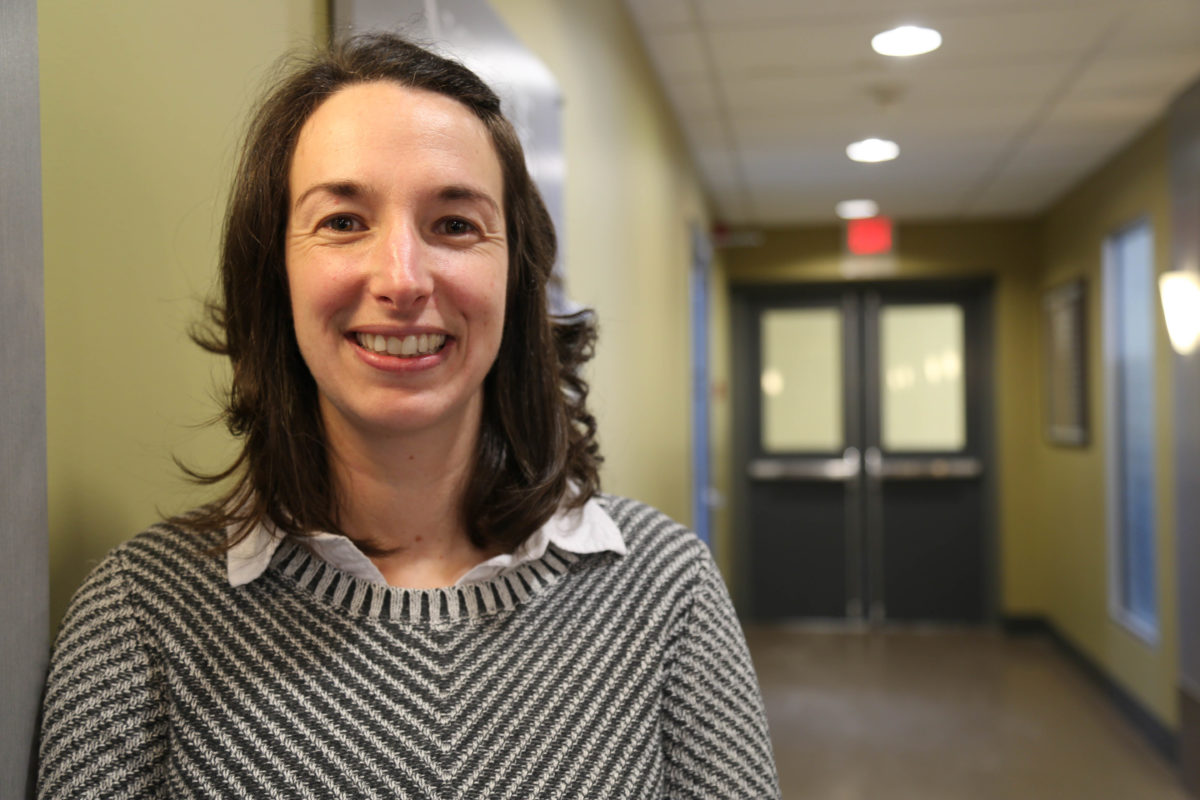
St. Thomas University’s Live and Learn lecture series doesn’t see many students.
The series, organized by the STU Administration, with help from the student union, aims to provide students with the skills to succeed not only at university, but later in life. However, many students have never heard of the series.
Rachel Slipp, a second year student, went to a résumé building workshop in order to apply for her job as a research assistant.
“There were actually quite a few people there, but I think they were there for the same reason I was,” said Slipp. “It was actually really helpful, I got a lot of handouts and found out I wasn’t doing my resumes as well as I could have been.”
Slipp says the only reason she heard of the series is because of the job application process.
Last summer, the university guidance services reached out to the STUSU for their input on how to improve the series, then titled Lunch and Learn.
“Student services reached out to us during this summer,” says STUSU President Megan Thomson. “We worked together, and their question that they were asking themselves, and also us, was how do we make these workshops, originally titled Lunch and Learn…more interesting, how do we make them better attended and how do we make them better. We contributed a lot to that conversation.”
“The most important thing is to get feedback from students,” said Thomson. “It is one thing to hear ‘this isn’t working, full stop,’ than to hear, ‘this isn’t working because of this.’”
STU’s Director of Student Life Shannon Clarke says one of the barriers to the Lunch and Learn lectures was their time slot. She describes the Live and Learn lectures as an attempt to address that.
“One of the things that was challenging last year was offering workshops when students were in class,” says Clarke. “It meant that they weren’t able to access those workshops, so theoretically having them at a time when no one has class means everyone should be available.”
Both Clarke and Thomson said the lectures were provided by members of STU’s staff, and they come at no extra cost to the university.
Clarke says that the idea behind the lectures is to provide information to groups of people that normally would have to be provided one on one.
“The workshop series is designed to meet students needs when they need them,” says Clarke. “We have student services staff that meet with students one on one, but a workshop opportunity allows us to extend the reach and address students needs that we know needs to be addressed at a certain time.”
Clark said the quality of the lectures are more important that the attendance.
“We don’t aspire to have fifty students attending each lecture. If we see five students, or even three, or even two, that’s two students who are benefiting from support that we might have to provide one on one.”
Clarke said students should take advantage of these lectures, given the expertise that is present.
“The folks who are delivering these workshops are professionals, they have gone on to do post graduation work in these areas, they are really knowledgeable, and it is free,” says Clarke. “It makes sense for students to take advantage of these opportunities, to connect with folks who really can help them not just with skills for learning, but skills for life.”
